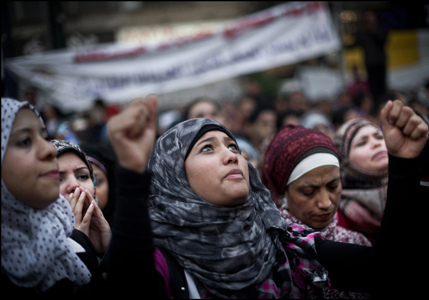 The ICJ today expresses its grave concern regarding the draft Constitution and the constitutional referendum to be held on 15 December 2012 and 22 December 2012.
The ICJ today expresses its grave concern regarding the draft Constitution and the constitutional referendum to be held on 15 December 2012 and 22 December 2012.
The ICJ calls upon the Egyptian authorities to ensure the right of Egyptians to fully participate in the constitution-making process in pursuit of their democratic aspirations.
In a new legal briefing paper, the ICJ analyses key provisions of Egypt’s draft Constitution in light of international human rights and rule of law standards.
“The draft Constitution falls short of international standards, including those concerning the accountability of the armed forces, guaranteeing the independence of the judiciary, and recognizing universally accepted human rights,” said Said Benarbia, ICJ Senior Legal Adviser of the Middle East and North Africa Program. “Further, in the context of deep political instability, providing only two weeks for the public to consider the draft Constitution undermines the right of all Egyptians to make an informed decision about the basic framework of governance and law for their society.”
While the draft Constitution extends the language of Egypt’s 1971 Constitution on human rights, the definition and scope of several human rights are still inconsistent with Egypt’s obligations under international law, the ICJ says.
The draft continues to subject these rights to the limits of laws, without any reference to the content and scope of these limits and whether or not they are necessary in a democratic society.
Such limitations also undermine the constitutional guarantees for the independence of the High Judicial Council, the Constitutional Court and the office of the Public Prosecutor, the ICJ states.
In addition, the draft Constitution perpetuates the use of military courts to try civilians.
“In light of these shortcomings and the failure of the process to meet international standards of inclusive participation, the draft Constitution should be withdrawn, and sufficient time should be given for the drafting of a new constitution that fully represents the views of all Egyptians,” Benarbia added.
Contact:
Saïd Benarbia, Middle East & North Africa Senior Legal Adviser, ICJ, t +41 22 979 3817; e-mail: said.benarbia(at)icj.org
Egypt-Constitution reform process-Analysis brief-2012 (full text in pdf)
See also Egypt: a flawed constitutional reform process
Photo by Pan African News Wire

